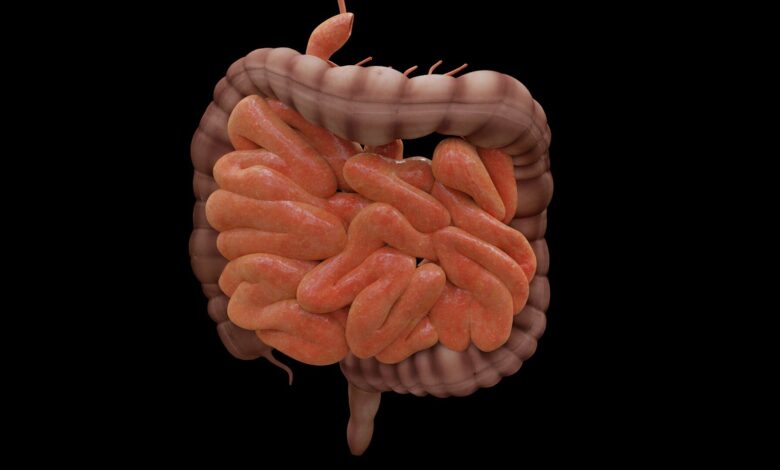Promising treatment or potential health risk?

The potential use of fecal microbiota transplants (FMT) as a treatment for various health conditions has been a topic of interest in the medical field. However, a recent study from the University of Chicago has raised concerns about the unintended consequences of FMT on recipients.
Published in the journal Cell, the study titled “Regional microbiota mismatches from fecal microbiota transplants promote persistent, off-target consequences to the host” highlights the potential risks associated with FMT. The process involves transferring microbes from the stool of a healthy individual to a sick one in an effort to restore a healthy balance in the gut microbiome. However, the study found that this transfer of microbes can lead to mismatches in the gut ecosystem, particularly when anaerobic microbes from the colon colonize other parts of the digestive system.
Experiments conducted on mice and studies using human tissue samples revealed that these colonized microbes not only persisted in the small bowel for months but also altered their new environments to benefit themselves. This “terraforming” of the gut ecosystem resulted in changes to the recipient’s metabolism, behavior, and energy balance.
Lead author of the study, Orlando (Landon) DeLeon, Ph.D., emphasized the importance of matching regional microbiota to their proper environments to ensure better overall health benefits. The researchers caution against the widespread use of FMT until more is understood about the long-term effects of introducing new microbes into different regions of the intestine.
The study also highlighted the complexity of the gut microbiome, with different regions of the intestine hosting vastly different microbial ecosystems. This diversity makes it challenging for a single FMT to effectively restore a healthy balance throughout the entire gut.
To address these concerns, the researchers proposed an “omni-microbial” approach, where microbes from all regions of the intestine are transferred during a transplant. This method aims to naturally settle microbes in their appropriate locations, promoting a more balanced gut microbiome.
Further research is needed to explore how different microbes influence different parts of the intestine and how mismatches in the gut ecosystem can be reversed. By gaining a deeper understanding of these interactions, improvements can be made to the application of microbial transplants, ensuring they fulfill their potential as a promising treatment option.
Overall, the study underscores the importance of careful consideration and further research before implementing FMT as a widespread treatment option. The findings provide valuable insights into the complex dynamics of the gut microbiome and the potential risks associated with microbial transplants.




